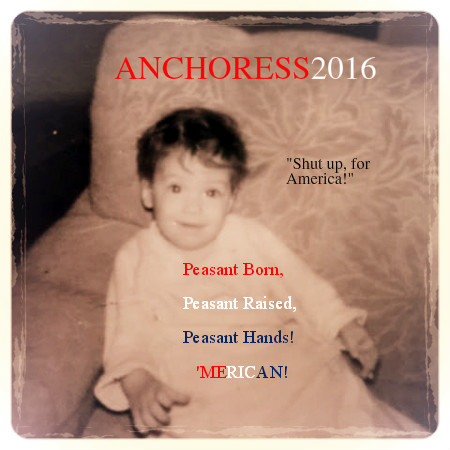This I understand.
“The truth is that I did not think my way into praying. I prayed my way into thinking.”
– David P. Goldman, writing in First Things.
Goldman gives a masterful exposition on why he wrote undercover as “Spengler” and looks at his journey into Jewishness, into becoming a prayerful, thinking, religious Jew.
I recognize myself in some of what Goldman writes. I too blogged anonymously while writing freelance, and yes, coming out did have me pulling my punches a little at first, but it’s also helped me dig my heels in, too.
In recounting his spiritual and political journeys, Goldman works an acre many of us have hoe’d while “praying” our way into “thinking.” Though some vociferously disagree, we know that faith and reason share a kinship; they commingle like wind-stirred wheat in a field.
Most profoundly, Goldman has dared to write something that I have long-believed to be true for many of our Jewish brothers and sisters:
I had grown up as a red-diaper baby in a secular Jewish household (although my parents put me through the motions of a Bar Mitzvah at a Reconstructionist synagogue). I joined the left-wing Zionist youth organization Hashomer Hatzair and spent a summer on a kibbutz in Israel where the Israeli flag flew underneath the red flag of international socialism. Like so many leftist Jews, I came to believe that only a universal solution to humanity’s problems would solve the problems of the Jews, and the more universal the solution, the less Jewish. In plain English I was afraid to be Jewish: The less Jewish I was, and the more universal, the less likely I would be to be killed for being Jewish.
You’ll want to read it the whole essay – read about the gnostic cult, Goldman’s thoughts on why Jews are so overrepresented in Classical Music, and how that music brought him to his first sense of deliverance.
For the past few weeks, I have been thinking (but not writing) about Isra-El, the “struggles with God.” The name given to Jacob after he wrestled the angel. I’ve been wondering if Isra-El is all of us; if the piece of Holy Land is mere real estate compared to the Holy Land within ourselves, where God would reside, if we could truly permit it, and truly surrender.
Are we not all, then, Isra-El, for surely we all have “struggles with God” in our lives? Yes, all.
If that is the case, then are those working against Isra-El, and particularly those determined to destroy her, actually working to destroy all of us, we who “struggle with God,” We, Isra-El? We, all?
If we cease the struggle with God; if we find-through grace, trust, openness, willingness-that elusive Ephphatha! What shall we be called then? What will our new names be?
I have loved the Jews all my life. Even when I was barely a believer, I loved the Judaic heritage I had been baptized into, and I would go to Temple sometimes, until the kind rabbi told me I had to make a choice. I decided to choose both. You come to my front door and there is a proper Mezuzah on the doorpost; you walk in and there is a Holy Water font.
I chose heritage and promise, Judea and Roma, holy words and holy water, both touched with reverent fingers then brought to my lips.
But only recently have I come to understand that this love, and this faith, reflects the story of Israel. Isra-El. Created in love, sealed in innocence, carried through personal deserts and material needs and spiritual battles, and finally sure-footed in faith, even as I know that more challenges will come, because the life of faith is never stagnant, even when-as with the dark night of the soul– it might seem to be.
The blessing seems to be in that one only gets to that point – to that dark night – when one has advanced so far in love and in faith as to have perhaps exceeded human understanding…when perhaps all there is left is the ability not to praise or to do, but to simply be, and to be willing – humbly willing – to simply listen and be led, even to where – like Peter – you would rather not go.
Moses didn’t really want to go where he was led, either. We all struggle against where we are being led. We all would rather operate under the illusion that we have “surrendered” when we know damn well that we hold back. We say, “Lord, yes, okay, but…but…not so fast. I’ll keep that little part of me for myself, if you don’t mind. I don’t quite trust you with that, Lord.”
Pope Benedict XVI has said that when he was Cardinal Joseph Ratzinger, sitting in the conclave, realizing that in the next vote he would likely become the Vicar of Christ, he begged God; “please, don’t do this to me.” He, too, led where he would rather not go. He too, Isra-El. His struggles may be only of a moment, a nano-second of a no; he struggles, nonetheless.
“Hear O Israel, the Lord our God, the Lord is One.”
The Shema Yisrael is a mobius and a mystery, the Eternal turning into itself, gathering everything to itself, Israel and Isra-El; dirt of the city, dust of the man, the kindling of Creation, the Divine Spark. Culminating in the Glorious Light.
Let’s spend some time thinking about that, today, shall we? And see where it leads us?











